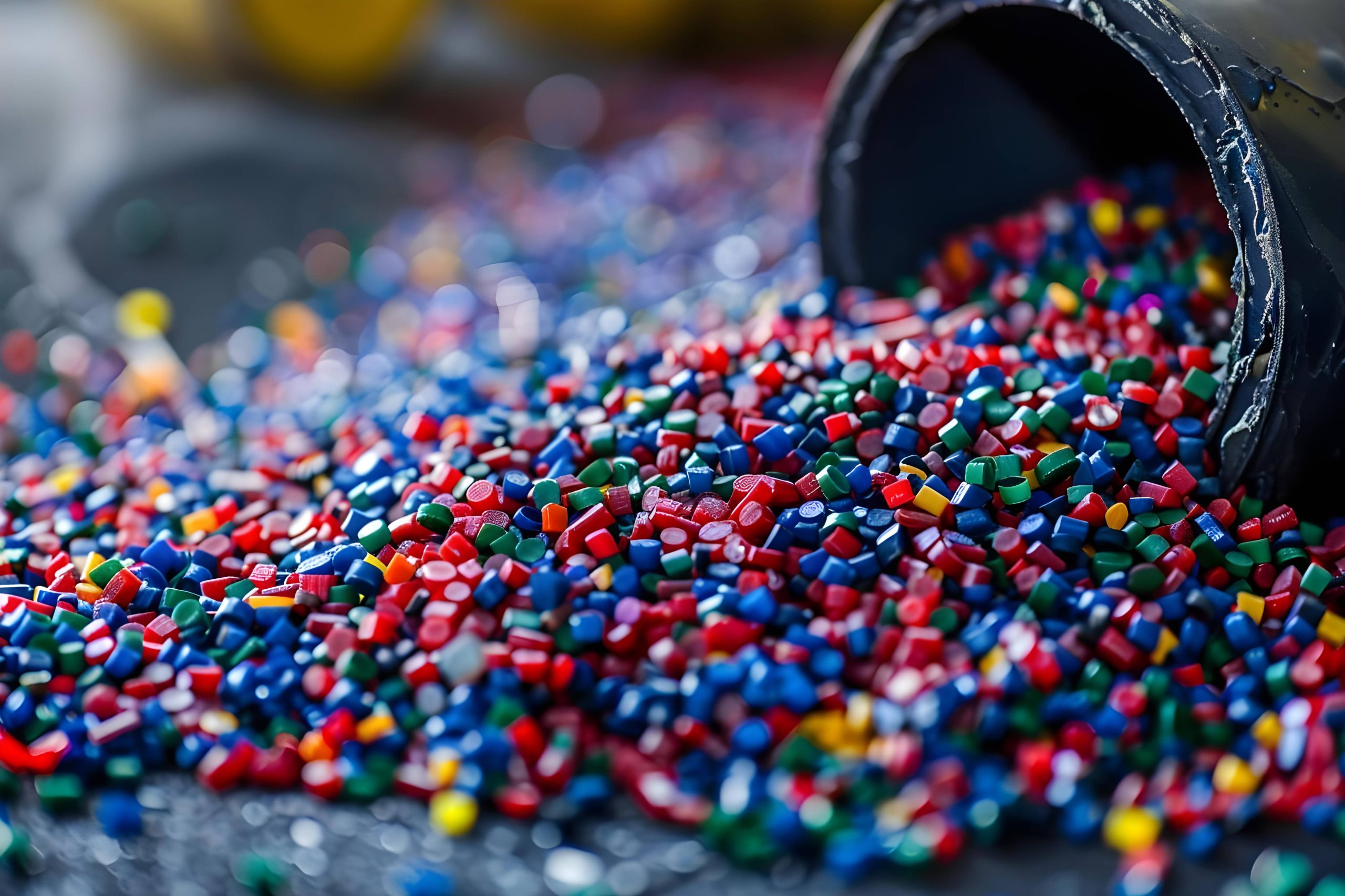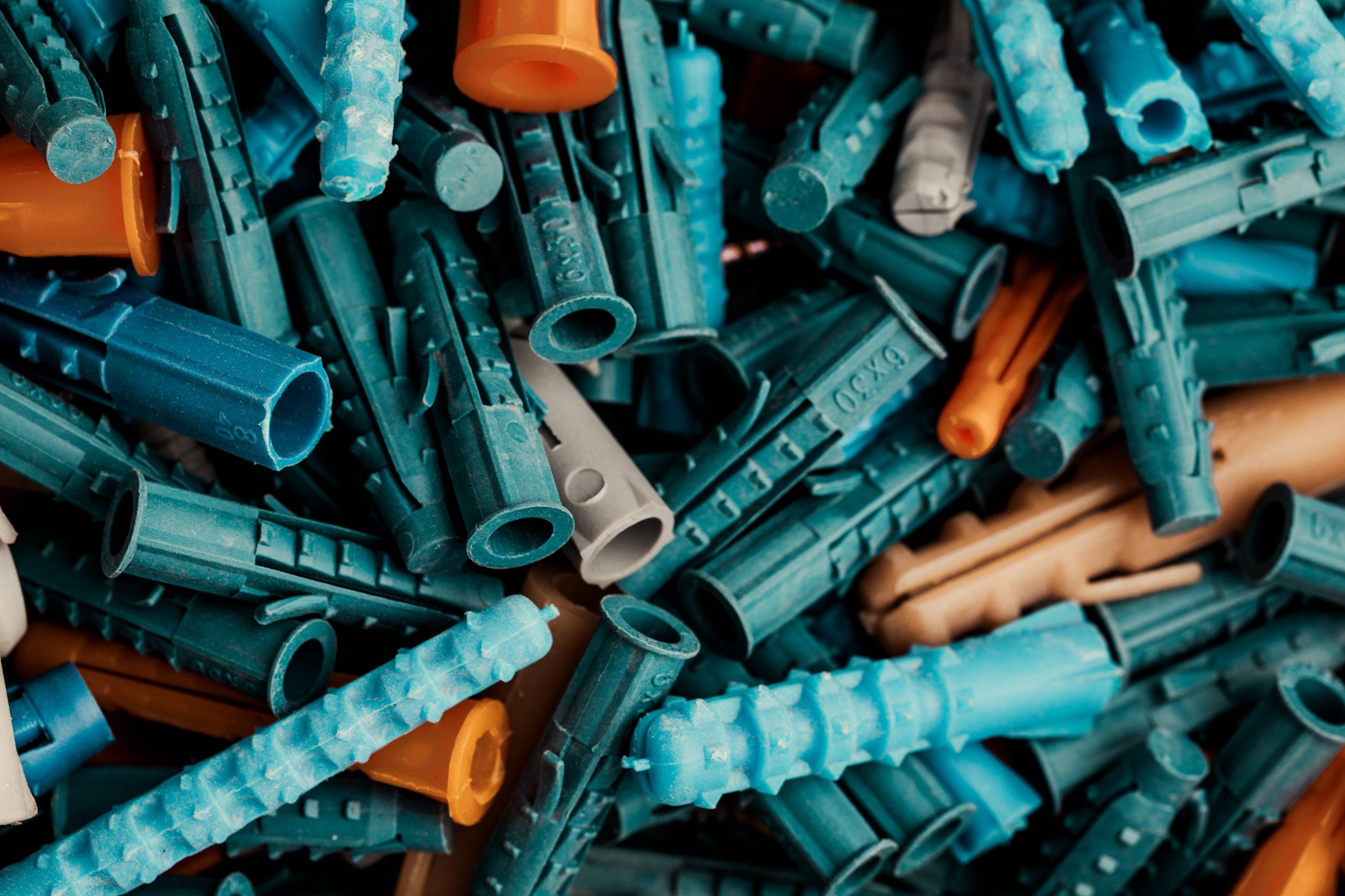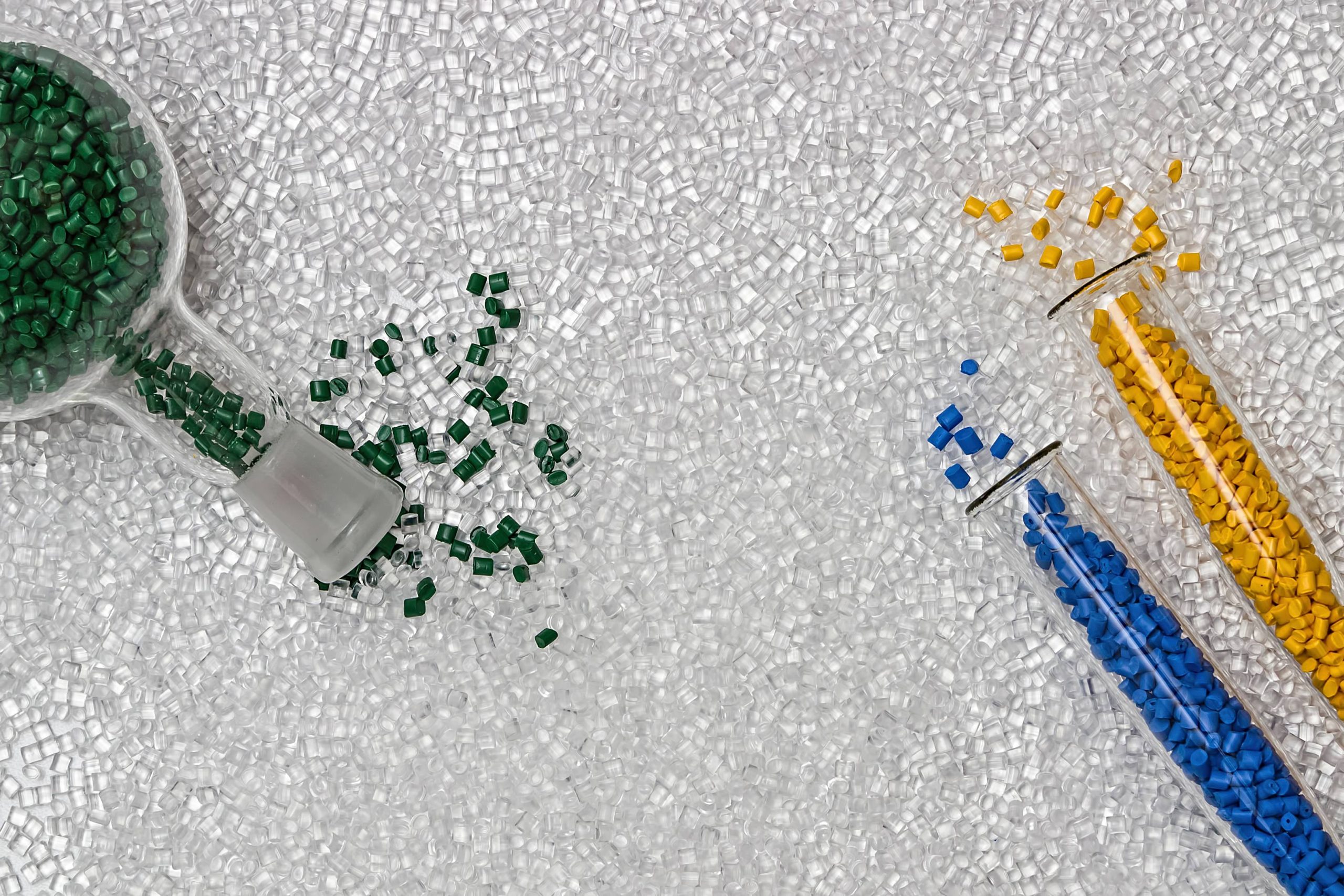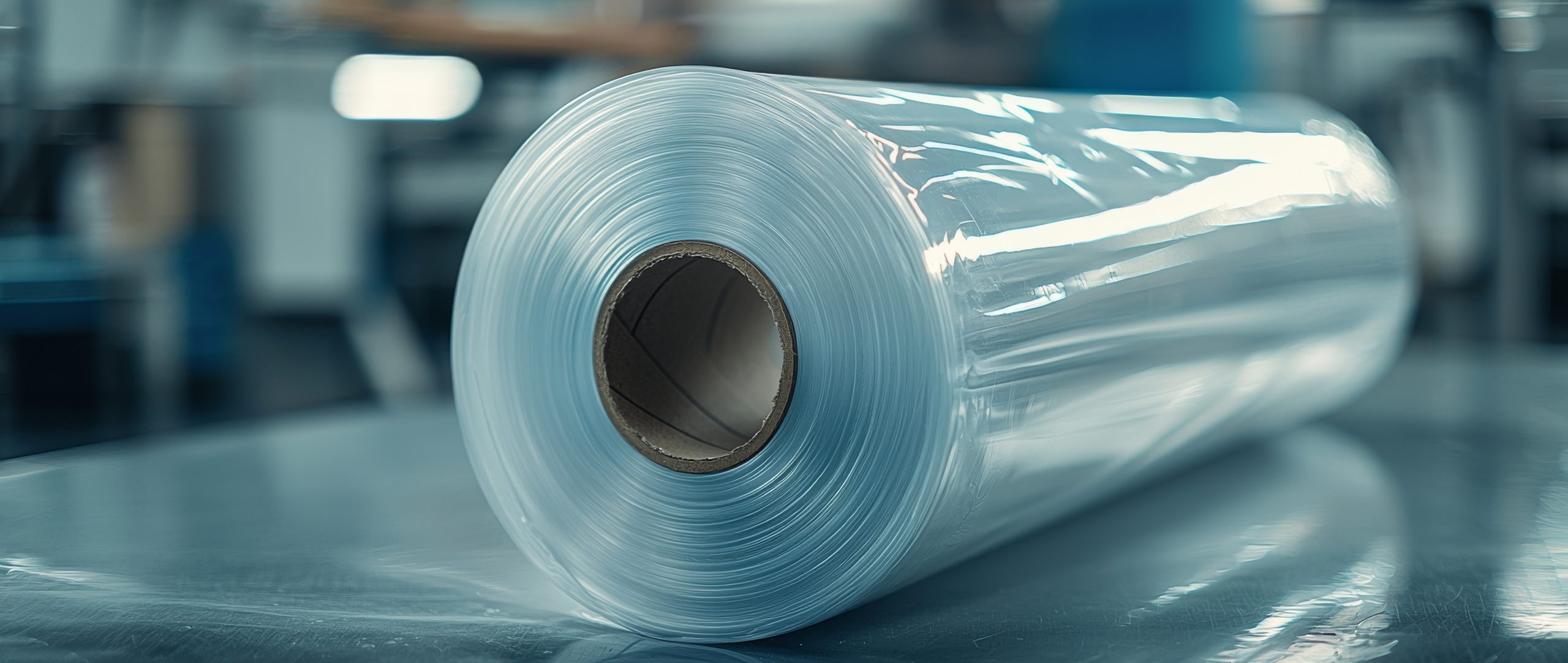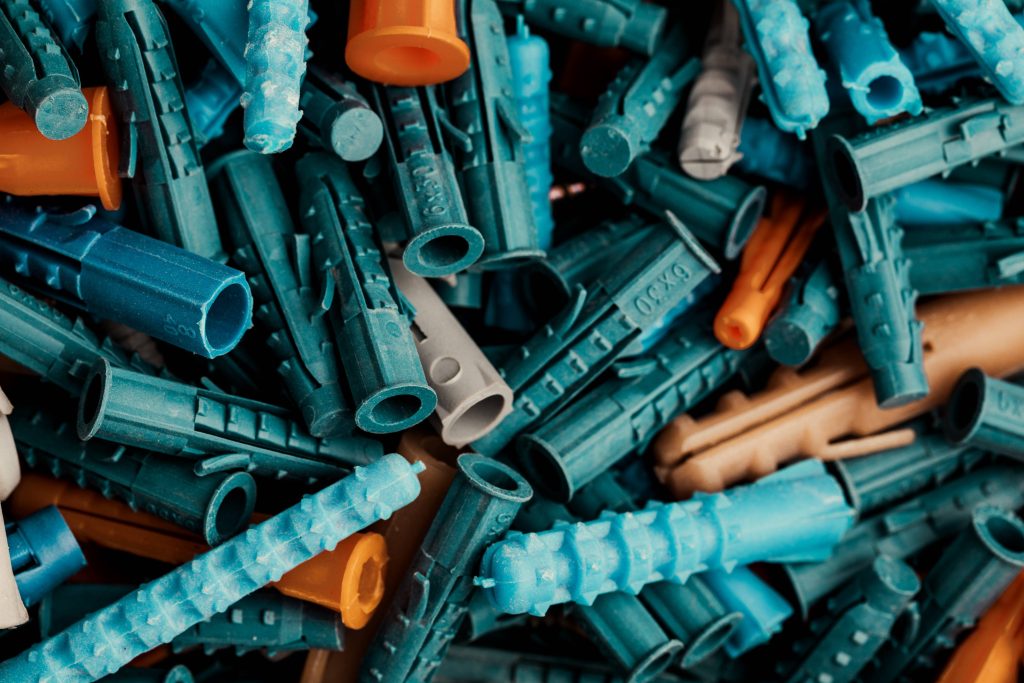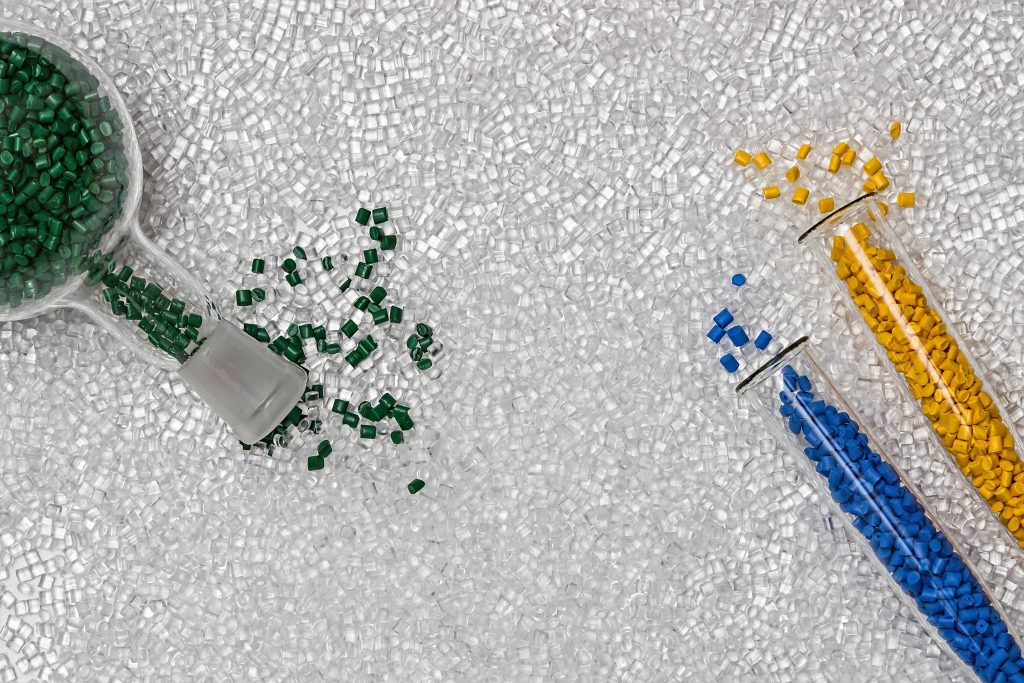Tie-layer resins play a crucial role in ensuring strong adhesion between different polymer layers in multilayer applications. These specialized thermoplastics create a durable bond that enhances the performance of packaging materials, pipes, and industrial coatings. Without tie-layer resins, many composite structures would lack the necessary integrity and durability.
What is Tie-Layer Resin?
Tie-layer resin is a polymer-based adhesive that bonds incompatible layers in multilayer structures. These resins are typically modified polyolefins, ethylene-vinyl acetate (EVA), or other functionalized polymers designed to create strong molecular connections. Their primary function is to prevent delamination, ensuring that each layer in a structure remains securely bonded, even under mechanical stress or environmental conditions.
Why is Tie-Layer Resin Important?
Tie-layer resins provide essential benefits in a variety of applications, including:
- Enhanced Durability – Prevents delamination and extends the lifespan of multilayer products.
- Improved Barrier Properties – Helps maintain gas, moisture, and chemical resistance in packaging and piping applications.
- Optimized Structural Integrity – Ensures strong mechanical performance, reducing the risk of layer separation.
Applications of Tie-Layer Resin
Tie-layer resins are used in a variety of industries where adhesion between different material layers is required:
- Multilayer Packaging – Essential in food and beverage packaging where layers like polyethylene (PE), polypropylene (PP), ethylene vinyl alcohol (EVOH), and polyamide (PA) must bond effectively to maintain freshness and extend shelf life.
- Pipes & Tubing – Used in gas, water, and oil transportation pipes to bond functional layers, improving strength and chemical resistance.
- Automotive & Industrial Uses – Strengthens composite materials in the automotive and industrial sectors, improving durability and thermal stability.
How to Strengthen Tie-Layer Resin Performance?
For optimal performance, several factors must be considered when using tie-layer resins:
- Proper Resin Selection – Choosing the right formulation ensures compatibility with barrier materials like EVOH and PA.
- Optimized Processing Conditions – Temperature, pressure, and layer thickness must be carefully controlled for maximum adhesion.
- Surface Treatment – Techniques such as corona, plasma, or primer treatments can improve bonding strength.
- Polymer Compatibility – Ensuring that tie-layer resins match the mechanical and chemical properties of adjacent layers enhances performance.
Choosing the Right Tie-Layer Resin Supplier
When selecting a tie-layer resin supplier, it is essential to consider:
- High-quality formulations tailored for specific applications.
- Expert guidance on selecting the best adhesive resin for your needs.
- Industry experience in multilayer adhesion solutions.
Polyram is a leading provider of advanced thermoplastic compounds, offering high-performance tie-layer resins for a variety of applications. Our expertise ensures that our customers receive tailored solutions that meet their unique requirements.
Conclusion
Tie-layer resins are indispensable in creating strong, durable multilayer structures across multiple industries. Whether for food packaging, piping, or industrial use, these resins enhance adhesion and ensure long-term reliability. If you are looking for expert guidance on selecting the right tie-layer resin, Polyram’s innovative solutions can help optimize your applications. Contact us today to learn more!

